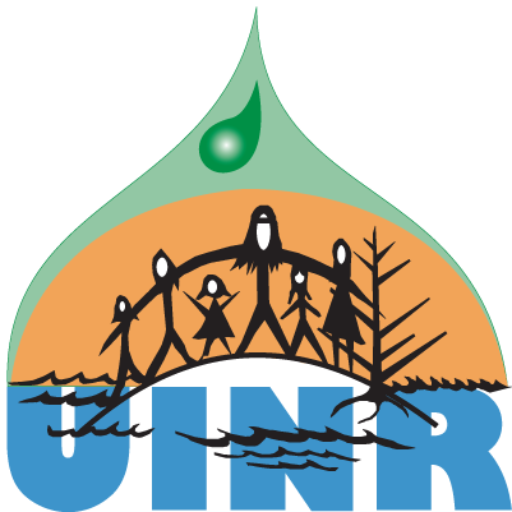As a result of the difficulties experienced during the 2006 lobster food fishery, the Unama’ki Chiefs have agreed that a lobster food fishery management plan is required. While Mi’kmaq follow similar regulations as the rest of the industry (with the exception of season), the industry fails to realize this. A documented management plan for the lobster food fishery will enable Mi’kmaq of Unama’ki to communicate to the government and the lobster fishing industry that a set of rules will be followed as our contribution to local lobster conservation strategies. UINR was given the mandate to work towards the development of a plan.
As a first step, we invited Tuma Young, CEO, Eskasoni First Nation, and Joe B. Marshall, Senior Mi’kmaq Advisor, KMK, to co-present on the topic of Mi’kmaq food fishing rights at the Community Hall in Potlotek. Food fishers, natural resource technicians, Chiefs, Councillors, and interested community members were encouraged to attend.
Initial meetings in the five Unama’ki communities have been very encouraging and productive, with discussions on how we would like to see the fishery managed. Some topics that were discussed include broodstock protection (protecting the larger females from the fishery because they produce more and better quality eggs and the males to mate with them), seasons, minimum carapace lengths, code of practice/handling, and lobster biology, habitat and fishery status. More discussion is required and we plan to meet as a group to discuss all aspects of our fishing to ensure that the lobster resource is there for future generations.
Your participation is essential. Future meetings will be posted in your community newsletter or community channel. If you cannot attend meetings, please email or call your ideas to: shelley.denny@uinr.ca or call 902 379 2024 ext. 229
Here’s some points that emerged from our Mi’kmaq Rights Information Session:
- We must reinforce the concept of Netukulimk–with Rights comes Responsibility, take what you need is an equal part of Mi’kmaq rights, culture, and tradition.
- The Aboriginal Fishery Strategy (AFS) and Marshall are two very separate agreements we have with the government. They are agreements that provide access to the resources and are not Aboriginal or Treaty agreements. We are not exercising our rights when we are fishing under these agreements.
- You cannot sell your catch under the food fishery (AFS) agreement.
- The development of this management plan is very important step toward Mi’kmaq self-governance.
 The photo is from a meeting with Elders on the lobster food fishery. Chaired by Albert Marshall, pictured above from right to left: Dianna Denny, Caroline Gould, Gordon Lewis, Frank Francis, John H. Paul, Bruno Isaac, Annie Isaac, Lawrence Wells, and Leonard Paul. Observers: Lisa Young and Clifford Paul.
The photo is from a meeting with Elders on the lobster food fishery. Chaired by Albert Marshall, pictured above from right to left: Dianna Denny, Caroline Gould, Gordon Lewis, Frank Francis, John H. Paul, Bruno Isaac, Annie Isaac, Lawrence Wells, and Leonard Paul. Observers: Lisa Young and Clifford Paul.
